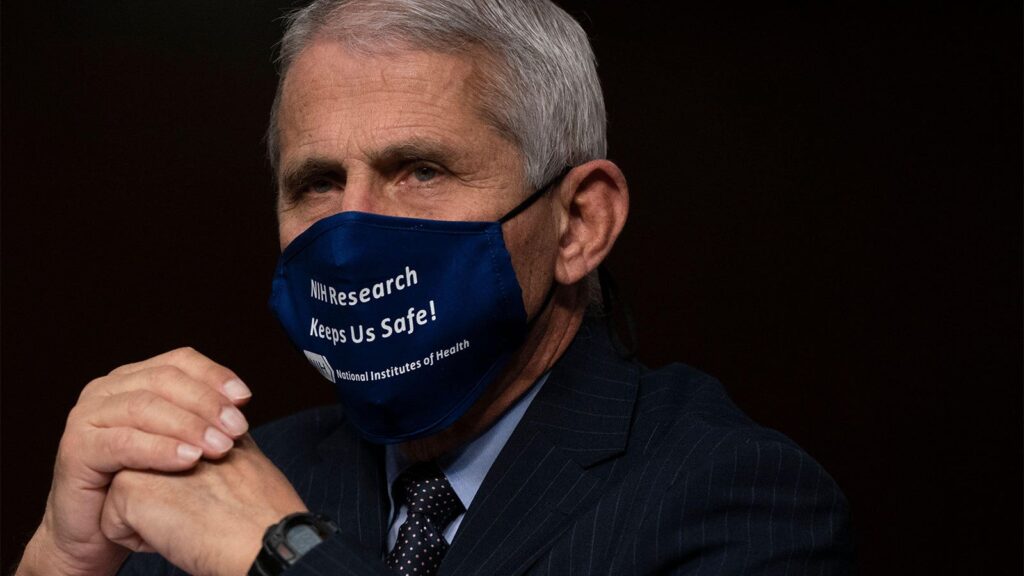Lazarus is an adjunct professor of psychiatry.
Character assassination refers to the deliberate and sustained effort to damage someone’s reputation or credibility through false or misleading accusations, innuendo, or manipulation of information. This can be done through various means, including spreading rumors, exaggerating faults, or attributing malicious motives to someone’s actions. The goal is often to undermine the individual’s standing, influence, or career.
In politics, attacking the character of an opponent has become a familiar refrain. But character assassination also occurs in medicine and other professions. In medicine, it can manifest in several ways. Professional rivalries in highly competitive environments, such as academia or hospital administration, might lead colleagues or competitors to engage in character assassination to discredit one another and gain an advantage. This can include spreading rumors about someone’s competence, ethics, or personal behavior.
Medical professionals who expose unethical practices, patient safety issues, or financial fraud may become targets of character assassination as a form of retaliation. Attempts to discredit the whistleblower can include questioning their motives, competence, or mental stability.
Physicians involved in medical errors or malpractice cases can face character assassination as part of legal strategies. Opponents may attempt to portray the physician as negligent or incompetent, regardless of the actual circumstances. In some medical settings, character assassination can be a tactic used in workplace bullying. This can involve spreading false information about a colleague to undermine their professional standing, isolate them socially, or force them out of their position.
High-profile cases or media coverage can sometimes lead to character assassination of medical professionals. Sensationalist reporting or biased narratives can unfairly tarnish a physician’s reputation based on incomplete or inaccurate information. For example, animosity towards Anthony Fauci, MD, reigned supreme as the coronavirus pandemic wore on, and although it did not play a significant role in his decision to leave his position at the White House, Republicans vowed to investigate him. Fauci said he would consider testifying before Congress, but he would not submit to “character assassination.”
Admiral Rachel L. Levine, MD, a pediatrician and longtime leader in public health, was sworn in as assistant secretary for health at HHS in March 2021. She made history as the first openly transgender federal official to be confirmed by the U.S. Senate — barely confirmed by a vote of 52-48. During the confirmation, Levine faced hostile and, at times, transphobic questioning from senators. Other politicians have made hateful remarks about her on social media while stoking fear and lies about gender-affirming care for youth. “People fear what they don’t understand,” Levine remarked, vowing to protect the health rights of Americans and trans individuals.
Bennet Omalu, MD, MBA, MPH, is a Nigerian-American forensic pathologist who discovered chronic traumatic encephalopathy (CTE) in American football players. His findings, which linked repeated head trauma to severe brain damage, were initially met with intense opposition from the National Football League (NFL) and some members of the medical community. Efforts to discredit his research and reputation included questioning his credentials and motives. Despite these attacks, Omalu’s work eventually gained acceptance and led to significant changes in how concussions are managed in sports.
Ignaz Semmelweis, MD, a Hungarian physician in the 19th century, discovered that handwashing with chlorinated lime solutions drastically reduced the incidence of puerperal fever among obstetric patients. Despite his findings, Semmelweis faced severe backlash from the medical community. His colleagues ridiculed and ostracized him, largely because his ideas conflicted with the established medical beliefs of the time. His reputation was so tarnished that he eventually lost his position and was committed to an asylum, where he was beaten by guards and died 2 weeks later from a gangrenous wound that may have been caused by the beating.
Frances Oldham Kelsey, MD, PhD, was a pharmacologist and physician who worked for the FDA as a medical reviewer. In the early 1960s, she resisted pressure from pharmaceutical companies to approve thalidomide (Thalomid), which was already available in dozens of countries around the world. The drug, used for morning sickness in pregnant women, was later found to cause severe birth defects. Kelsey’s steadfast refusal to accept inadequate safety data and bow to industry pressure (in the form of drug executives complaining bitterly to her superiors) ultimately saved countless lives and led to stronger drug regulation policies.
There are many other healthcare professionals whose characters were assassinated simply for insisting on scientifically reliable evidence and telling the truth.
The consequences of character assassination in medicine can be severe, affecting not only the targeted individual’s career and mental health but also patient care and institutional integrity. It can lead to loss of job opportunities, professional isolation, legal battles, and emotional distress. Fauci quickly encountered problems in his role, realizing that former President Donald Trump “was saying things that were just not true” about COVID-19 treatments. Fauci and his family faced credible death threats for handling the response to the pandemic.
Preventing and addressing character assassination in medicine requires a robust support system, including strong professional ethics; cultivating an atmosphere of integrity and respect within medical institutions; implementing clear policies and procedures to address and resolve conflicts, bullying, and retaliation; providing protection and support for those who raise legitimate concerns; ensuring fair and transparent investigations; and offering mental health resources for those affected.
By fostering a supportive and ethical work environment, medical institutions can help mitigate the risks and impacts of character assassination.
Arthur Lazarus, MD, MBA, is a former Doximity Fellow, a member of the editorial board of the American Association for Physician Leadership, and an adjunct professor of psychiatry at the Lewis Katz School of Medicine at Temple University in Philadelphia. He is the author of several books on narrative medicine, including Medicine on Fire: A Narrative Travelogue and Narrative Medicine: Harnessing the Power of Storytelling through Essays.
Please enable JavaScript to view the

